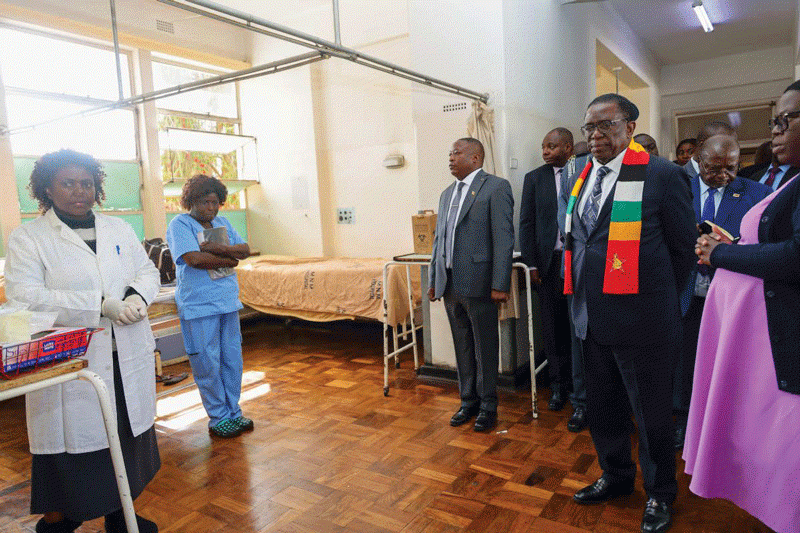
It was a time when those in the transport industry, clothing and grocery business would make a killing as business was rife.
As for local musicians, it was the time they released their albums to target the working class’s 13th cheque.
During those years musicians like the late Leonard Dembo, Simon Chimbetu and Leonard Zhakata would all be competing for sales of their new recordings. Albums came in two formats namely the vinyl records and the audio cassettes and the music was sold mainly in licensed record bars.
Though the royalties were not that much, at least artistes were rewarded for their work.
Live shows were mainly done to supplement income from the sale of albums.
In recent years, almost all the popular musicians have had to work overtime, holding shows from Thursday to Sunday because of the decline in music sales.
The decline in music sales is mainly attributed to piracy, which has ravaged the music industry.
In Zimbabwe the first cases of music piracy were recorded in the early 90s and it was mainly due to the economic meltdown. There were not that many ways to earn an income. It was believed then that pirated audio cassettes were being produced in Zambia and Mozambique.
- Chamisa under fire over US$120K donation
- Mavhunga puts DeMbare into Chibuku quarterfinals
- Pension funds bet on Cabora Bassa oilfields
- Councils defy govt fire tender directive
Keep Reading
The pirated cassettes were not popular because of their poor sound quality and as such a majority still preferred to buy the original product from licensed dealers.
As the years rolled by, technological advancement brought compact discs which slightly fetched a higher price, despite their short lifespan.
Even the manufacturers of radios had to phase out those with a provision for audio cassettes in favour of CD players.
But because of their high price, there was a proliferation of unscrupulous people who were now “burning” music CDs for a low price.
This marked the beginning of the growth of music piracy in the country.
Nowadays at every street corner vendors are selling pirated music for very low amounts, in broad daylight.
Even some yet unreleased stuff has been sold on the streets without the knowledge of the artistes.
Oliver Mtukudzi had to shelve the release of his album Dairai (2008). The superstar had to release a new version of the album which he called Rudaviro. Another example is Alick Macheso’s Zvinoda Kutendwa which found its way into the streets without his knowledge.
Such cases have led to huge losses being incurred by musicians, and record companies.











